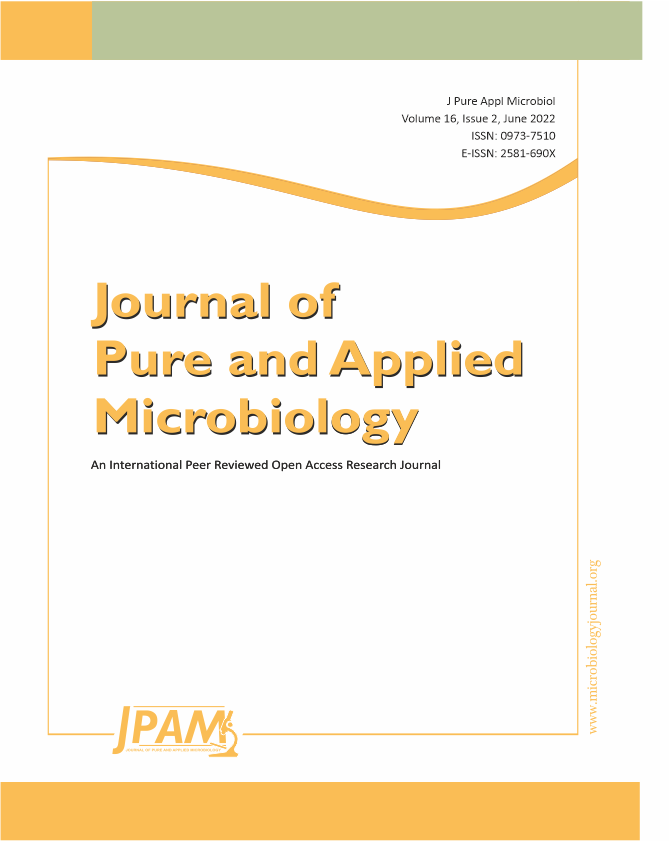Coronavirus disease 2019 (COVID-19), caused by severe acute respiratory syndrome coronavirus-2 (SARS-CoV-2) is rapidly spreading both in India and across the world and healthcare workers are at increased risk of contracting this infection due to their constant exposure status. This study aims to assess the breakthrough infections among vaccinated health care workers in a tertiary care centre. A cross sectional study was conducted for a period of one year among vaccinated healthcare workers who turned positive two weeks post complete vaccination. 82 (4.73%) out of 1732 vaccinated healthcare workers (2 doses) developed breakthrough COVID-19 infection of which 70.7% were females and the mean age was 35.5 years. 52.4% (n=43) were doctors, 30.5% nurses (n=25) and 15.9% were allied health professionals. 67 (81.7%) had mild symptoms, 10 (12.19%) were asymptomatic, 5 (6.09%) were hospitalised with none requiring ventilator support. 43.1% of infections occurred 6-9 months post vaccination. 23.7% acquired infection from fellow healthcare workers, 12.2% from household contacts, 46.3% from patients/bystanders, and 18.2% were from unknown sources. Proper understanding and analysis of the breakthrough COVID-19 infections can help in taking appropriate infection control practices as well as improving the overall health status of healthcare workers during this pandemic.
Breakthrough infection, COVID-19, Vaccine, Healthcare workers
© The Author(s) 2022. Open Access. This article is distributed under the terms of the Creative Commons Attribution 4.0 International License which permits unrestricted use, sharing, distribution, and reproduction in any medium, provided you give appropriate credit to the original author(s) and the source, provide a link to the Creative Commons license, and indicate if changes were made.


